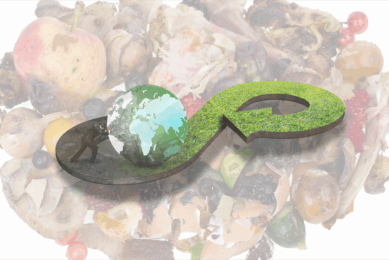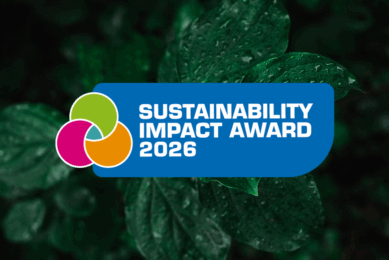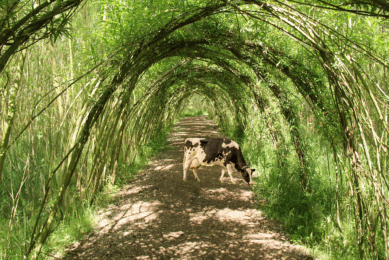Life Cycle Analysis of insect protein criticised by trade sector

A trade association has strongly criticised a recent UK life cycle analysis study, arguing that its claims – which suggest insect meal carries a significantly higher climate impact than fishmeal or soy – are misleading and risk undermining the sustainable protein sector.
Industry challenges insect meal climate claims
The UK Insect Bioconversion Association (INBIA) said missteps in the assessment, led by Ricardo plc, for the UK Government’s Department of Environment, Food and Rural Affairs (Defra) caused the report to fall short.
The Ricardo report found that insect meal had a total climate change impact of between 12.9 and 30.1kg of CO2 equivalent per kg of protein, far higher than fishmeal (7.15kg) and soybean meal (2.23kg).
INBIA said the assessment risked steering UK policy off course by misrepresenting the sector’s capabilities and potential.
Misleading assumptions across the LCA hinder sustainable feed innovation.”
– INBIA letter to Defra
5 flaws in climate assessment
In a 4-page letter to Defra Secretary of State Reed, Minister of State Daniel Zeichner and Chief Scientific Adviser Gideon Henderson, INBIA highlighted 5 areas of concern:
- Outdated Data: Relies on lab-scale studies and overlooks recent industrial LCA updates.
- No Industry Consultation: UK producers weren’t engaged, and as a result, key insights were missed.
- Skewed Comparisons: Modelling used for conventional proteins downplayed environmental impact, whilst assumptions made for insect protein inflated it.
- Waste Valorisation Ignored: The LCA overlooks insect farming’s role in tackling food waste and instead assumes that insects are fed a “traditional feed” of wheat.
- Policy Impact at Risk: Misleading assumptions across the LCA hinder sustainable feed innovation.
Call for real-world feed data
INBIA urged Defra to co-develop a revised, evidence-based LCA that reflected real-world conditions, in conjunction with industry.
Thomas Farrugia, INBIA Director, said: “Such work is essential to ensure future policy decisions are evidence-based, representative and capable of unlocking the benefits of a domestic insect bioeconomy.”
Edible insect sector still unsettled
Meanwhile, the legality of edible insects remains in the balance in the UK, despite some relief for the edible insect sector under the Food and Feed (Miscellaneous Amendments) Regulations 2022.
This is due to the Food Standards Agency making little progress in the safety assessment of edible insects. As a result, under the amended regulations, edible insects can only remain on the market provisionally, leaving businesses and consumers in limbo.
However, industry analysts say that as of last month, the FSA had only started evaluating house crickets, leaving a question mark on the edible insects legal status.











